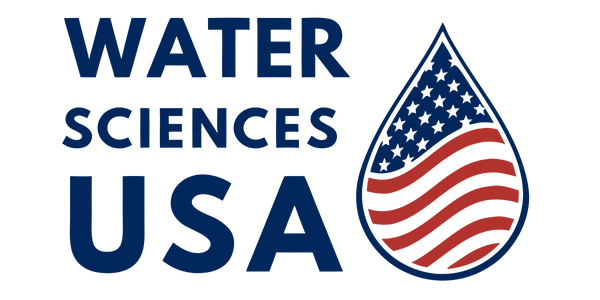How to Get Free Water Testing: What’s Covered and What You Might Miss

Water is life. But how do you know if the water flowing from your tap or well is safe to drink?
Whether you’re in a bustling city or a quiet rural area, you can often find water testing services available through public resources for free for many potential water contaminants.
Why Water Testing Matters
Your water’s quality can be affected by all sorts of things: old pipes, industrial runoff, or even the fertilizer or pesticides used on nearby fields. Thankfully, public water systems are regulated under the Safe Drinking Water Act, which sets standards for things like bacteria and heavy metals. But if you’re on a private well or live in an area with specific risks, like agricultural activity, you might need to dig deeper. Free testing programs, often run by local health departments or environmental agencies, are a great starting point to understand your water’s safety.
Finding Free Water Testing
No matter where you are, free water testing is often closer than you think. Most states have environmental or health departments that offer programs for well owners or public water users, especially in areas with known contamination risks.
For example, in Los Angeles, the County Department of Public Health teams up with the California State Water Resources Control Board’s Groundwater Ambient Monitoring and Assessment (GAMA) Program to provide free well water testing.
Similarly, in Chicago, the Illinois Environmental Protection Agency runs limited testing for well owners. In New York, the State Department of Health and the NYC Department of Environmental Protection offer free lead testing kits for public water users and resources for well owners through county health departments.
And down in Miami, the Florida Department of Health’s Private Well Testing Program partners with local offices like the Miami-Dade County Health Department to test wells in vulnerable areas.
These are just examples, though—your local health department or state environmental agency likely has similar programs. A quick call or visit to their website can point you to free testing events or kits near you.
What’s Tested for Free—and What’s Not
Free testing programs typically focus on the most common water quality issues. You’ll usually get results for coliform bacteria, which can signal fecal contamination, and nitrates, which can creep into groundwater from fertilizers and pose risks to infants or pregnant women. Some programs also check for heavy metals like lead or arsenic, especially in areas with old infrastructure or natural deposits. For instance, New York’s free lead testing kits are a lifeline for city dwellers worried about aging pipes, while rural programs in Illinois might focus on nitrates from nearby farms.
But free tests often skip some critical contaminants, like pesticides and herbicides. Chemicals like atrazine or glyphosate, commonly used in agriculture or on golf courses, aren’t part of standard free testing because they require specialized equipment and analysis. These compounds can linger in groundwater, potentially causing long-term health issues, but you won’t know they’re there unless you specifically test for them. Other misses include synthetic organic compounds (like PFAS or PCBs) and volatile organic compounds (like gasoline byproducts), which might be a concern near industrial sites or landfills.
Buying a new home or working with a home inspector? Get your water tested.
Buying a new home is a huge investment, but you can be worry free when it comes to the water quality coming out of your tap. And finding the right home inspector that provides these services is key. Free testing programs rarely cover everything, so you’ll likely need to turn to a third-party lab to cover more than the minimum requirements. Suggest that your home inspector use a third party service like Water Services USA to verify your tap water's cleanliness.
Conclusion: Clean Water is a Non-Negotiable
Free testing programs are a great way to start checking your water’s safety, whether you’re in a big city like Los Angeles or a small town. From bacteria to heavy metals, these programs cover the basics, but they often miss things like pesticides and herbicides and dozens of other important to test contaminants. Reach out to your local health department or state environmental agency to find free testing near you, and don’t hesitate to go the extra mile with your home inspection by asking about specialized lab tests if you want extra peace of mind. Your water—and your health—are worth it.
Disclaimer: Testing availability varies by location, so contact your local agencies to confirm programs.
